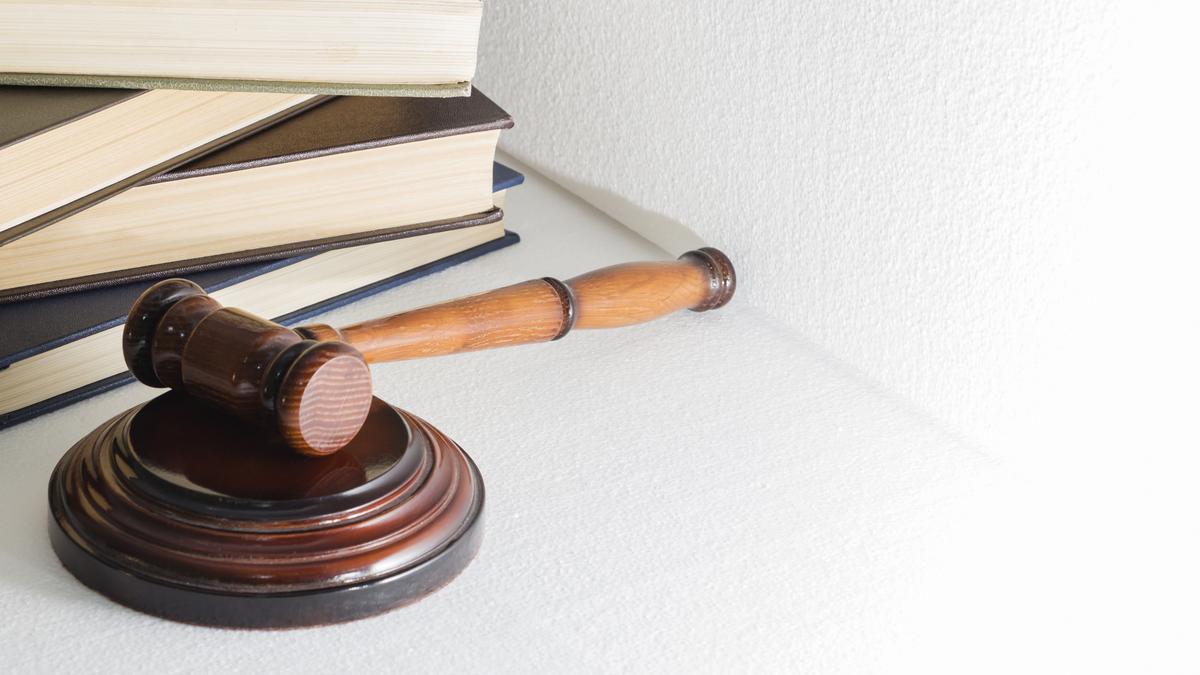
‘The Indian arbitrator is very much at the heart of the country’s arbitration ecosystem’
| Photo Credit: Getty Images/iStockphoto
India’s economic rise has, unsurprisingly, triggered many conversations about the potential of Indian arbitration as a significant contributor to the growth. An increase in domestic and cross-border commerce has made the occurrence of commercial disputes inevitable. The Indian court-litigation machinery remains overburdened and inadequately equipped to efficiently decide and dispose of these disputes, which are often time-sensitive, technical in nature, and entail large monetary sums. Resultantly, the mechanism of commercial arbitration, especially under the auspices of specialised arbitral institutions, becomes a popular solution. However the question that arises is this: is the Indian arbitration ecosystem living up to its perceived popularity? Is India truly on course to become a global hub of arbitration? While discussions routinely focus on legislative reforms or minimisation of judicial intervention, the most significant stakeholders of Indian arbitration, i.e., the arbitrators, escape scrutiny.
The subject of human capital
The success of any legal mechanism is defined not only by its theoretical framework but also by its human capital. For Indian arbitration, this human capital comprises the community of arbitration lawyers, but perhaps, more importantly, arbitrators who function as its decision-makers.
The credibility and the legitimacy of Indian arbitration is primarily defined by two parameters: first, the efficient conduct of arbitral proceedings, and second, the quality of arbitral awards. In both contexts, arbitrators literally play a decisive role. While arbitration lawyers are instrumental to the conduct of any proceeding, it is the arbitrators who have the power to dictate the arbitration’s procedural framework, finalise timelines, determine procedural quibbles, and impose monetary sanctions in case either party’s conduct is found lacking.
Likewise, it is their awards that can be challenged before a competent court in India or abroad. Thus, the Indian arbitrator is very much at the heart of the country’s arbitration ecosystem.
An exclusion
Nevertheless, conversations about Indian arbitration rarely focus on the need to develop the elite Indian arbitrator. While initiatives to augment the Indian arbitration bar are omnipresent, no similar enthusiasm exists in relation to the arbitration bench. This is unfortunate. In March 2024, the former Chief Justice of India, Justice D.Y. Chandrachud, had questioned why Indian arbitrators are not appointed in international disputes having no domestic element. His observation was not without basis. Barring the odd-exception, Indian arbitrators are absent from the informal community of repeatedly-appointed elite international arbitrators. What contributes to their exclusion?
The fundamental reason for the aforementioned paradigm is the identification of an elite Indian arbitrator with that of a retired Supreme Court or High Court judge. It is well-known that Indian courts prefer to appoint former judges as arbitrators, especially in high-value disputes. Over the years, this tendency has impacted the appointment practices of litigants, lawyers, and arbitral institutions. It is safely assumed that the judicial training and experience of a former judge will naturally translate into the efficient conduct of arbitral proceedings and higher quality of awards. However, as the Ministry of Finance’s guidelines published in June 2024 show, the reality is vastly different. The Ministry painted a disappointing picture of lengthy and expensive arbitral proceedings that mimic court-procedures, resulting in poorly reasoned awards that are frequently challenged and set-aside.
Accordingly, the assumption that professionals with legal and judicial training do not require further capacity-building to become elite arbitrators requires correction. The judicial mind is a valuable asset, but is insufficient by itself in the realm of arbitration. A capable arbitrator wears several hats. He must not only be legally proficient but also a capable manager of the dispute resolution process who can blend procedural certainty with flexibility and innovation. This requires going beyond the rigid frameworks of civil procedure and evidentiary laws in India, and instead adopting global best-practices unique to international arbitration.
Arbitrators also often serve as part of a tribunal with members from diverse nationalities and cultures. Their internal deliberations, in which each arbitrator has to convince their colleagues of their viewpoint, are decisive. Engaging in these deliberations requires soft-skills whose existence cannot be taken for granted and often requires special training.
Finally, there are important differences between writing a judgment as an appellate judge of a common-law court and the drafting of an arbitral award. The second requires a meticulous examination of voluminous documentary evidence and testimonies of fact and expert witnesses, and intricate financial analysis to quantify any compensation or damages.
The improvements needed
Accordingly, the ecosystem of Indian arbitration requires at least two improvements. First, the pool of Indian arbitrators must be diversified to include candidates specialising in arbitration. The pool should not be restricted to advocates and retired judicial officers, but include trained experts from various fields who can bring a range of nuanced perspectives to decision-making. Second, each candidate, irrespective of their background, must undergo a rigorous training and accreditation process, such as through specialised certificate courses and workshops organised by arbitral institutions or membership of professional arbitration associations. The aim is to not only upskill but also create a culture in which arbitration is not perceived as a neglected-sibling of court-litigation. Only then could the real, elite Indian arbitrator rise to occupy their rightful place in the global arbitration community.
Arun Chawla, Director General, Indian Council of Arbitration
Published – April 28, 2025 12:08 am IST
